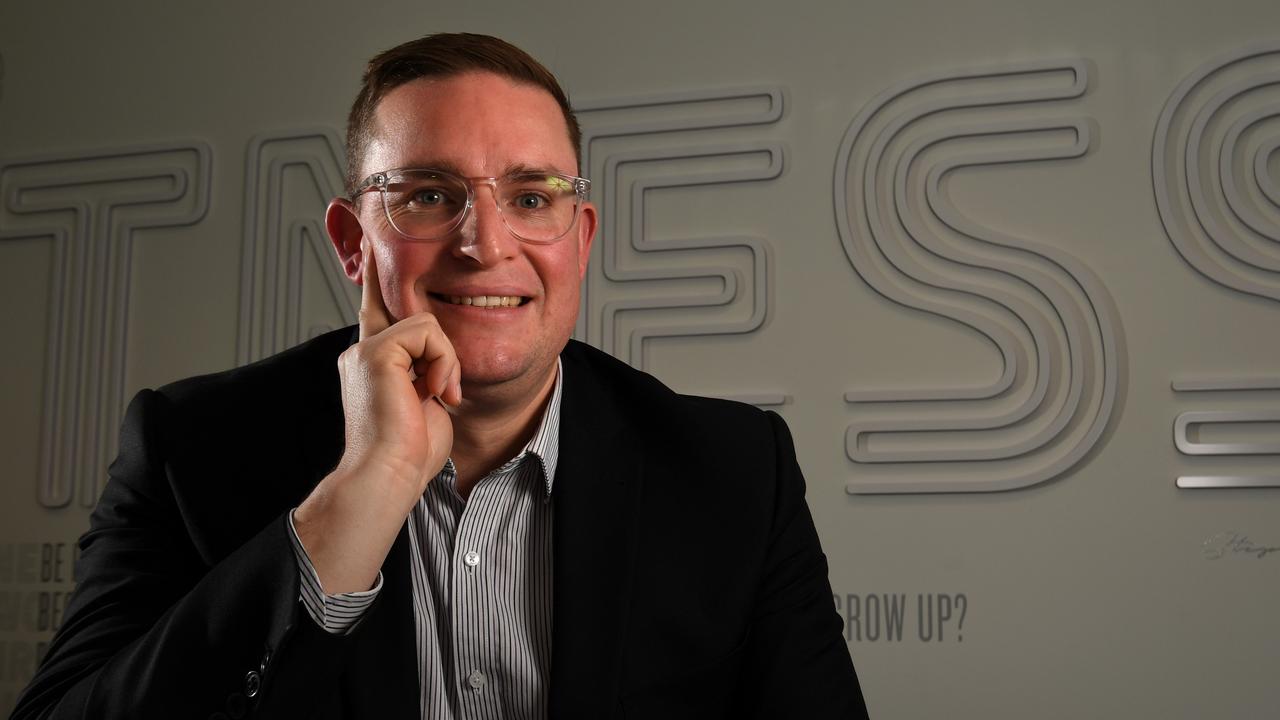How workers fit in with an employer is more important than skills
This week, four of Adelaide’s top recruiters reveal how much a jobseeker’s cultural fit is considered during the recruitment process, compared to skills and experience.
- A new way for jobseekers and employers to be matched has been launched
- What is the Australian National Talent Registry?
CAREERS’ panel of expert recruiters answers a reader’s question each week. Have a question? Email careers_qs@news.com.au
How important is a candidate’s cultural fit when hiring decisions are being made?
Andrew Sullivan
Managing director,
Sullivan Consulting
Cultural fit is crucial when hiring, to both meet the organisation’s needs and ensure the long-term success of the chosen candidate. From a candidate’s perspective, it’s a good idea to do some research on the organisation you’re applying for so that you better understand the employer’s culture. Don’t be afraid to ask questions about culture and values during the recruitment process. Employers and candidate also need to be open to discussing corporate culture and business needs and expectations during the interview to achieve a good match with cultural as well as technical requirements of the role.

Alexandra Rosser
Head of Organisational Psychology Consulting,
Stillwell Management Consultants
If technical skills and experience are the “science” of an employee’s performance then motivation is the “art” and a significant factor for influencing employees’ motivation is their cultural fit to the organisation and to their colleagues. In order to ensure the success of a potential recruit, as well as maintain the motivation and satisfaction of their prospective colleagues, cultural fit will be among the critical deciding factors once candidates make it to the shortlist stage of recruitment. In assessing cultural fit, employers and recruiters are of course not looking to clone, but rather to complement, their employees so they will be looking for how a candidate’s work style, behavioural inclinations, values and beliefs will enhance the organisation’s own values, ways of doing business and beliefs.

Lisa Morris
Director,
Hays
Employers rate a good cultural fit as highly important, so much so that it’s often considered just as important as a candidate’s qualifications, skills and experience. A critical part of the recruitment process is making the best employer-employee match and employers recognise that fit can have a profound impact on both the organisation’s and employee’s individual success. After all, we’ve probably all seen instances of an employee who quits not long after being hired or who never seems to gel with the team. When you look back in hindsight and carefully consider whether they were the right fit, the answer is usually no. That’s why employers consider it so important to gauge a candidate’s potential to ‘click’ with their workplace’s culture. This includes examining their communication style, way of interacting with customers and colleagues, work ethic and team working skills. Therefore, before any job interview you should prepare to answer behavioural questions and demonstrate how your soft skills fit in with the organisation’s culture.

Justin Hinora
Executive consultant,
Hender Consulting
Cultural fit is arguably more important than technical ability. There may be somebody who is technically brilliant but simply does not fit at all with the organisation’s workplace culture. Hiring somebody with a misalignment has the potential to create significant issues for both the candidate, immediate stakeholders and the organisation as a whole. When recruiting, it is absolutely essential that comprehensive and thorough reference checking is conducted ensuring that cultural fit is explored as part of this due diligence. Before making a hiring decision, ensure that feedback received from relevant referees correlates with your observations and assessment of the candidate’s cultural fit.

MORE NEWS
How to make a job application stand out
Tips to build resilience in stressful times
Gaining skills to raise in job interviews
News Corp has partnered with HR technology company Shortlyster to develop the Australian National Talent Registry, an initiative to help get Australians back to work, as COVID-19 has left hundreds of thousands of people either jobless or with reduced working hours.
The registry aims to connect jobseekers, whose employment does not have to have been directly affected by the coronavirus pandemic to participate, with employers on cultural-fit and psychological level, not just qualifications and experience.
It is free for jobseekers to sign up. To sign up, visit adelaidenow.com.au/careers
Originally published as How workers fit in with an employer is more important than skills


